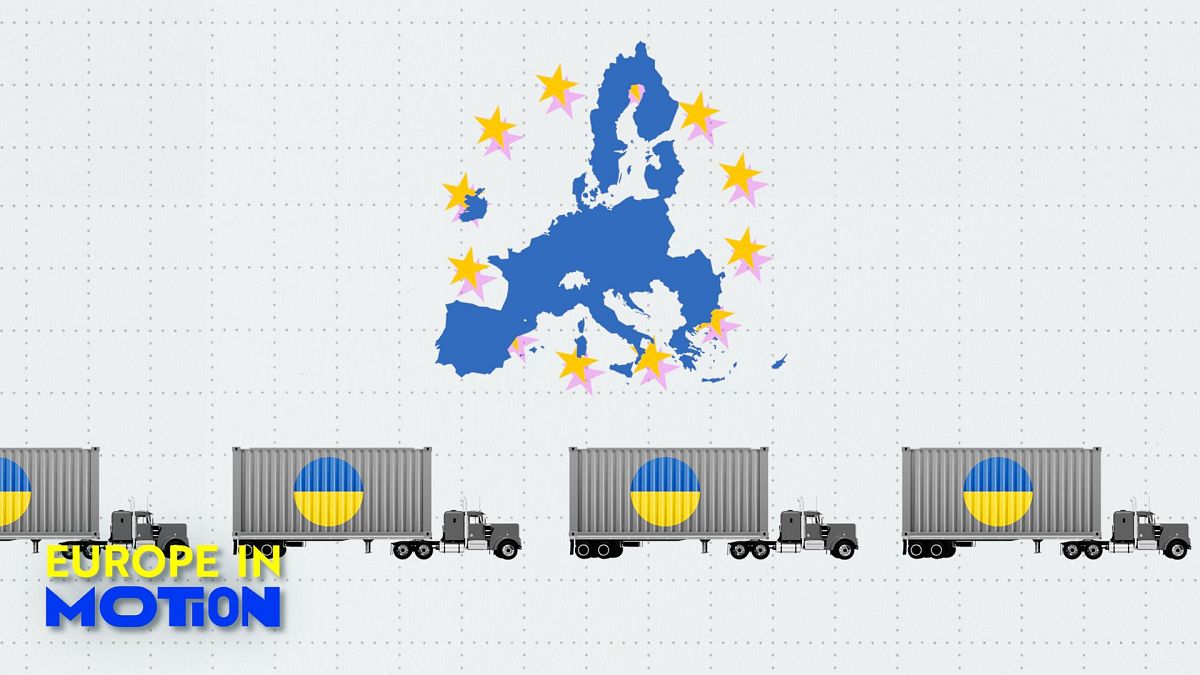A new study shows that between 2022 and 2024, support for Ukraine and its displaced people has decreased.
With Russia’s invasion of Ukraine now in a fourth year, approximately 6.9 million Ukrainian refugees have crossed into neighbouring countries, including Poland, Hungary, Moldova, and other countries around the world.
Poland has welcomed the highest number of Ukrainian refugees, currently hosting around one million, according to the UN Refugee Agency.
Although support for Ukraine and its displaced population remains significant, it has seen a decline in recent years.
In 2022, a Flash Eurobarometer survey revealed that 88% of respondents across the EU expressed support for those fleeing the war, with particularly high levels of support from the Nordic countries.
However, a year later, that support had fallen to 76%.
In 2024, it dropped further to 71%, with Poland reporting a notably low support level of 60%.
This decline in Poland’s support indicates “a worrisome war fatigue in the country that has been on the frontline throughout”, according to Eurofound research.
The decline in concern about the war was accompanied by increased dissatisfaction with government aid to Ukraine and its people.
Respondents increasingly say that their government has done too much in providing housing and assistance to Ukrainian refugees, with an increase of 7.9 percentage points between 2022 and 2024.
The satisfaction with the government’s response regarding humanitarian aid has been more blurred as the opinion shifted towards too much or too little.
Respondents also did not agree on the level of military aid, equally split between those who believed the government did too little (32.3%), the right amount (32.9%), and too much (34.8%).
Who is withdrawing the most support?
When interviewees are categorised by their economic security, the research reveals that the largest change is among those who find it difficult to make ends meet.
Almost one in five individuals who experienced economic challenges over the last two years withdrew their support for their government’s housing of Ukrainians, while 22% of those whose economic situation worsened withdrew their support for government military aid to Ukraine.
The experience of deprivation, being unable to afford basic economic and social needs, strongly influences support for displaced Ukrainians.
Many of those who initially supported their government aiding Ukraine and Ukrainians and then changed their mind, also reported being unable to afford at least one basic need in 2024, such as clothes or furniture, internet access, or socialising with friends and family.
Video editor • Mert Can Yilmaz
Read the full article here


